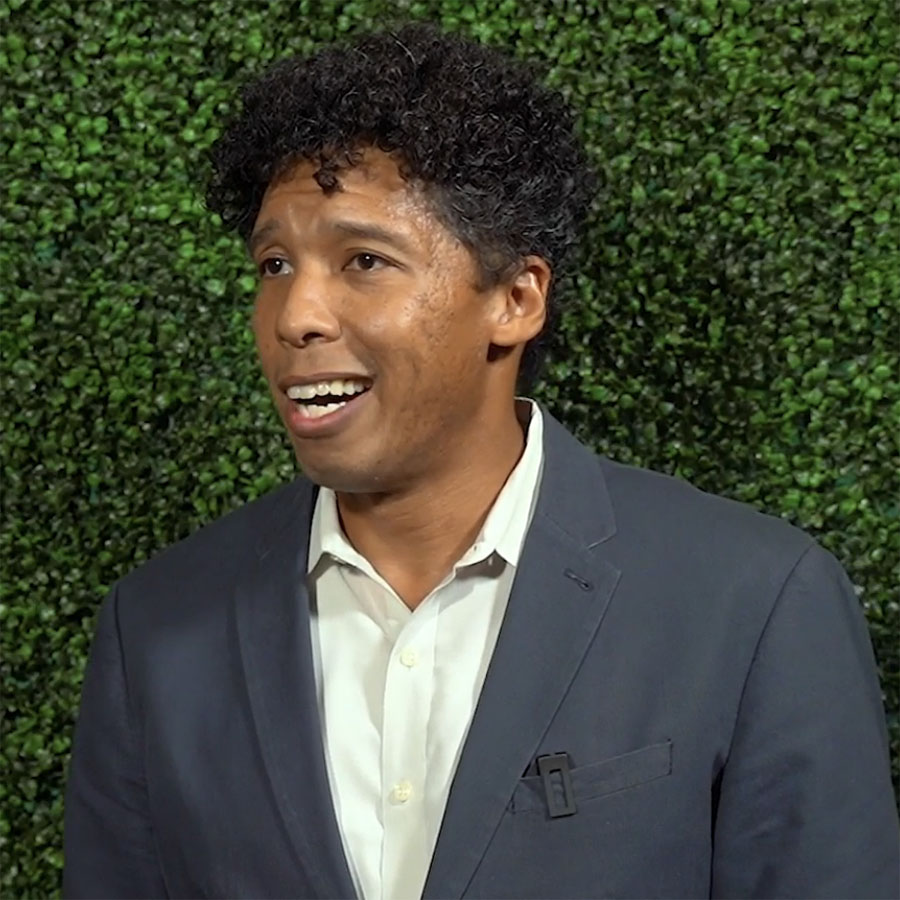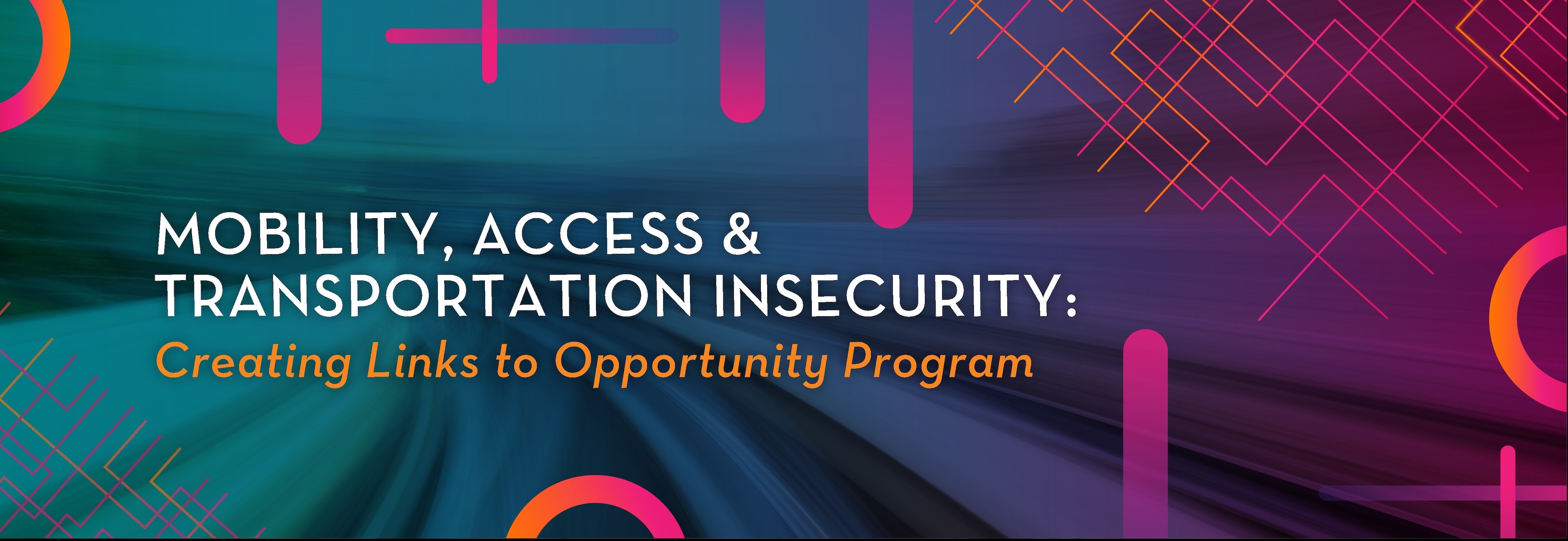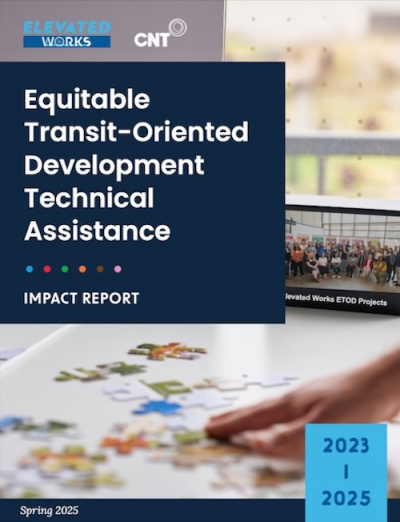
Ten years ago, there was widespread concern about the Digital Divide; people in poor neighborhoods had few PCs and little Internet access and thus couldn’t break into the mainstream economy. Today, smartphones have solved a lot of these problems: residents of low-income communities are more likely than more affluent communities to own and use smart phones as a communications vehicle where there is a lack of broadband access. But that’s just the start of what’s possible: moving from information consumers to builders of livable, affordable, sustainable communities through app development. The dilemma is that we need to provide neighborhood resources — coaches, mentors, meet-up places — so our Youth can learn how to transition from consumers to change agents.
All parents want the best for their children and success comes in many forms—economic, social, spiritual and so on. For purposes of today’s discussion, let’s focus on economic success, or what I would rather call “economic mobility”, which expresses the flexibility an individual has to chart their own course, having the personal toolkit and resources that will help them achieve their full potential. One key indicator of economic mobility in the 21st century is an individual’s STEM/STEAM skills. The Illinois Innovation Index has some interesting material about how to look at Talent and how to develop the toolkit resources.
I found the following information to be of high interest to parents and guardians as they nurture the path towards “economic mobility” and becoming a change agent:
From the perspective of Illinois’ tech economy, it is an undeniably positive sign that STEM graduates are a growing proportion of all graduates—and that Illinois has surpassed the national average for the first time in more than a decade. Heading into the next decade, Illinois STEM employers will benefit from the high proportion of graduate-level STEM talent and large pool of postdoctoral researchers in the state. Furthermore, the fact that one in five non-health STEM graduates is an immigrant shines a light on the importance of immigration reform to ensure the viability of our talent pool.
Meanwhile, Illinois’ tech economy is also growing. The increase in computer occupations and related industries is impressive, especially in the post-recession years. The startup economy is creating demand for software developers and hybrid jobs that require some programming or other advanced computer skills. Employment in R&D occupations and industries is showing some signs of growth for the first time in many years; this will be an important trend to continue observing. (source:http://www.illinoisinnovation.com/innovation-index/talent-index-2015-analysis-sheds-light-stem-talent-supply-demand-illinois-4/)
Positive outlook for those individuals who know they should focus on STEM/STEAM skills to build their toolkit. But….how do we help ensure that Youth in all of Chicago’s neighborhoods are aware of this opportunity, and how do we help ensure the Youth are exposed to positive STEM/STEAM experiences?
For the past four years, the Center for Neighborhood Technology (CNT) has sponsored an Urban Sustainability Apps Competition to unleash this creativity. It gives neighborhood residents the opportunity to producer apps and app-enabled businesses that can improve their communities.
Microsoft’s local Civic Tech team has been partnering with CNT for several years and sponsored the Apps Competition last year. It was such a fabulous experience that we are pleased to once again be the presenting sponsor for the Competition in 2016. Mark your calendars now for June 3-5 2016!
CNT has demonstrated the ability and commitment to rise above the typical hackathon by reaching into ethnically diverse communities and developing ways for technology to solve real problems facing impoverished neighborhoods.1 They tackle the issues of technology, creativity and act as role models to inspire young people to achieve economic mobility through the innovative use of technology. CNT’s Urban Sustainability Apps Competition works with community leaders and activists to define neighborhood problems, identify successful strategies to address them, identify the necessary information, and then build the apps to deliver those solutions. CNT is the whole package.
This process is underway now throughout Chicago in workshops sponsored by community-based organizations. It will come to fruition at the weekend Competition (reminder: June 3-5) where teams will develop and present their apps to a panel of judges. I was one of them last year and had a blast learning about how technology can help people reach economic empowerment. I also learned that it takes a “village”—all kinds of skills—technical, nontechnical, marketing, etc. After the Apps competition weekend, the finalists will present to a much larger audience at CNT’s Sustain-A-City Celebration on June 16th.
We eagerly look forward to seeing the creativity that the Apps Competition calls forth from Chicago communities. This deep, localized focus of working with Chicago’s communities to identify key problems, then bringing together a wide range of skills and “personal toolkits” to solve those problems using simple, easy to access technology, is spot-on to help people achieve economic mobility. To be a change agent, you need to feel empowered. CNT provides the process, the people and the results.

Shelley Stern Grach is the Director – Civic Engagement for the Technology and Civic Engagement (TCE) group at Microsoft Corporation. Based in Chicago, Shelley focuses on supporting long term economic development and STEM and STEAM programs that accelerate the Mayor’s Plan for Chicago. Stern Grach ensures broad community awareness and utilization of Microsoft’s Citizenship and Education programs, including YouthSpark, digital literacy curriculum, stimulating STEM skills and careers for students and entrepreneurs. She leads local policy and thought leadership programs on innovation, responsible business leadership and helps civic leaders and communities harness new technologies to enhance public discussion and policy development.
Stern Grach is a past chair of the board of nonprofits Lumity and Chicago Career Tech, and is a current board member of Forefront (formerly the Donors Forum of Illinois), the Women’s Business Development Center, Thrive Chicago, the ISTC/I Board and LISC Chicago. She is a past Commissioner for the State of Illinois Workforce Board and a past board member of Skills for Chicagoland’s Future and the Chicagoland Chamber of Commerce. Shelley’s civic participation includes the Economic Club of Chicago, service on the Mayor’s Council to Bridge the Digital Divide, serving on State of Illinois’ Task Forces (Information Technology, Race to the Top and Talent), and as a past Commissioner on the State of Illinois Economic Recovery Commission for Education and a past board member of Year Up Chicago. In Michigan, she is on the Board of the Acorn Center for the Performing Arts in Three Oaks, and Friends of the New Buffalo Library.
Stern earned a double B.A. at Oakland University in Rochester, Michigan and an M.A. in business from Central Michigan University. She resides in New Buffalo, Michigan and in Chicago, Illinois with her husband, a Health Care consultant. Her daughter is a graduate of the University of Chicago, received her Master’s in Physiology at Georgetown and is a first year medical student at the University Of Illinois College Of Medicine.





 Strengthening Transit Through Community Partnerships
Strengthening Transit Through Community Partnerships